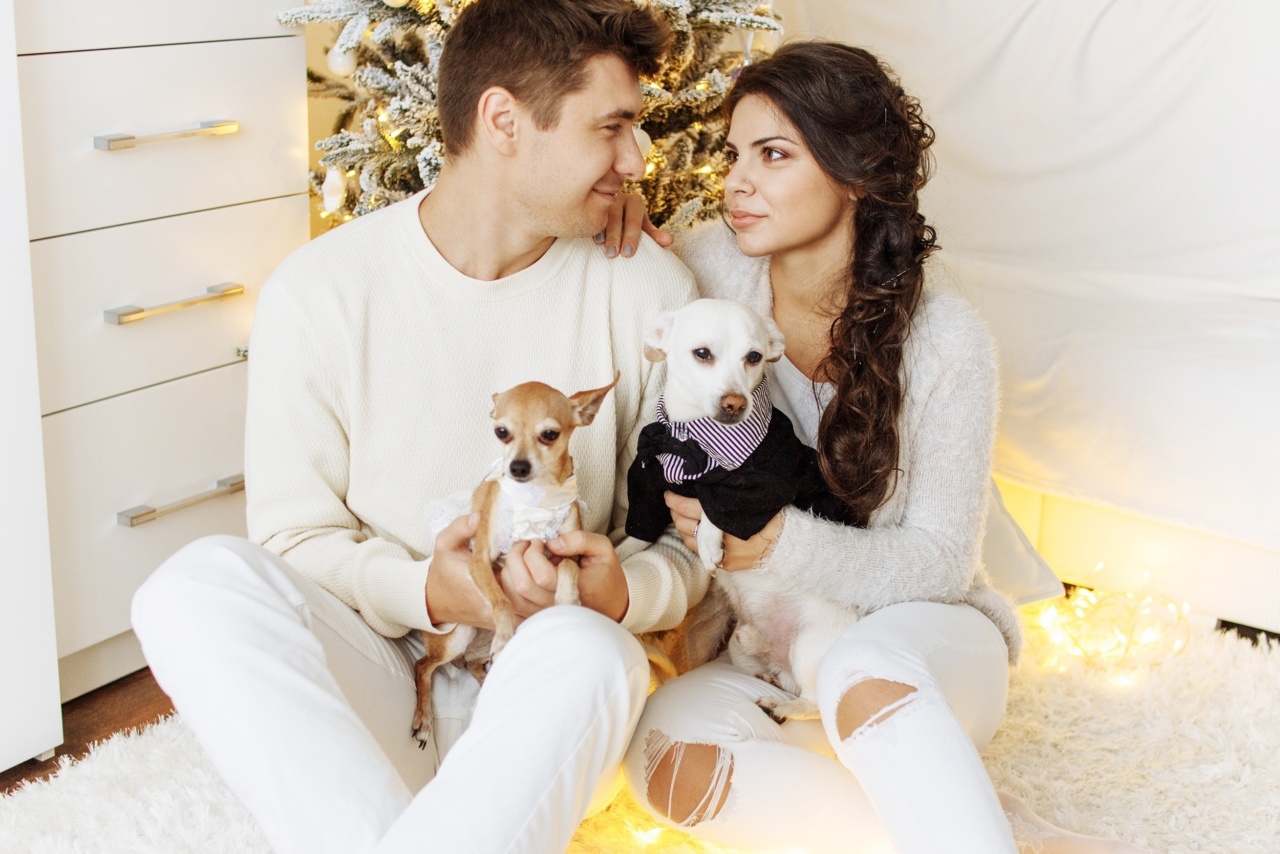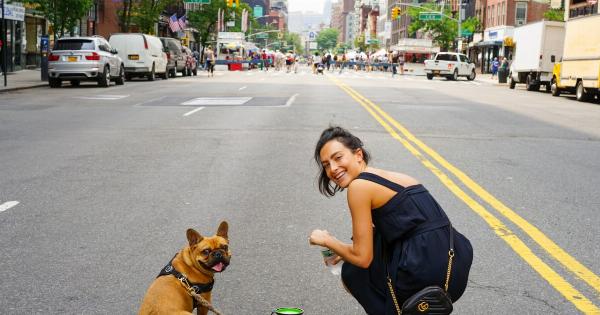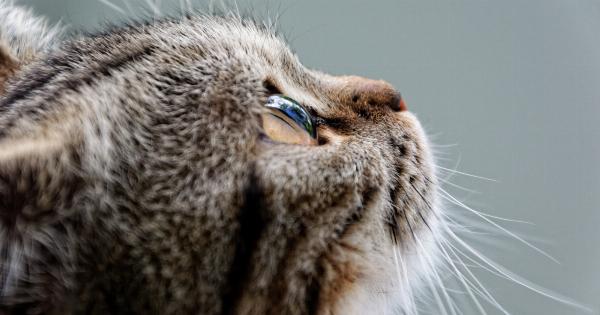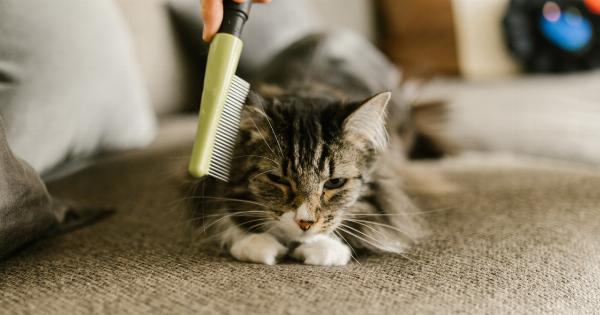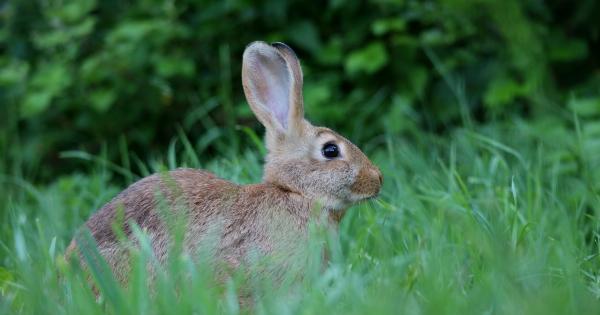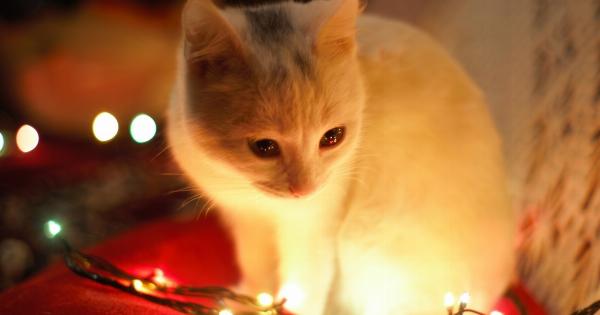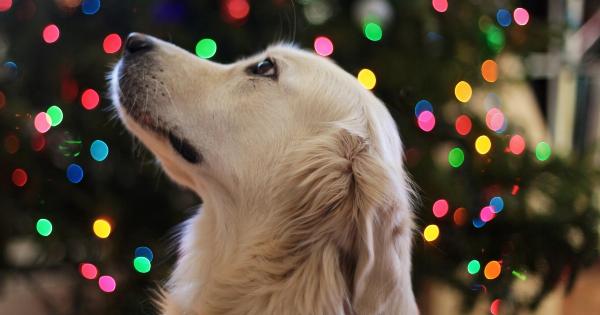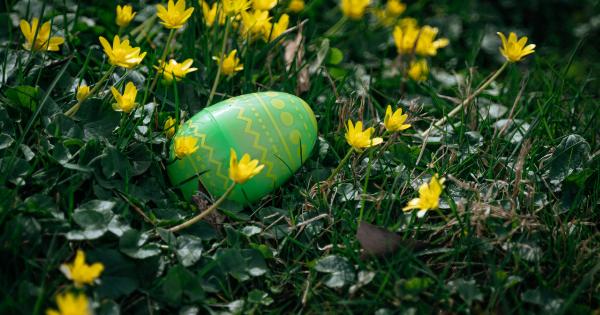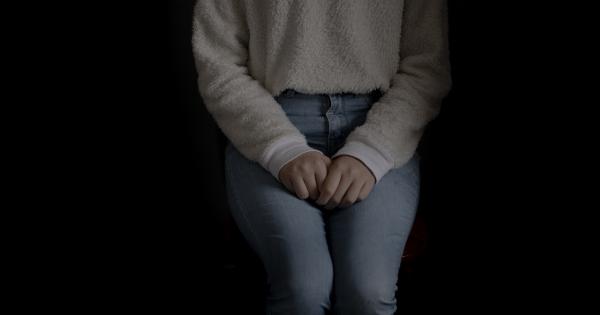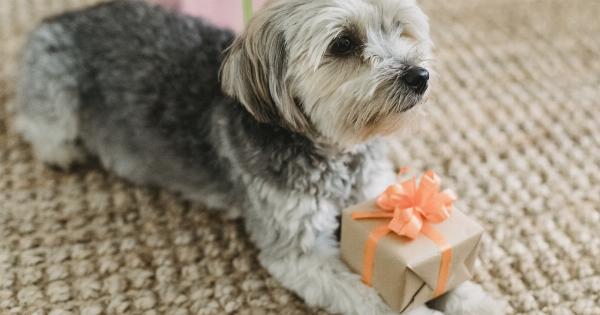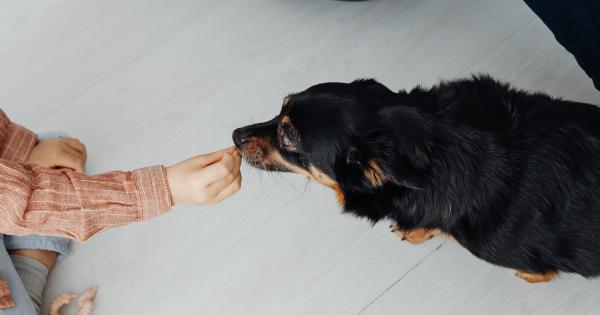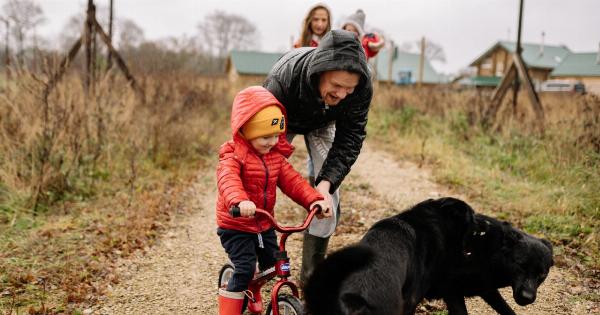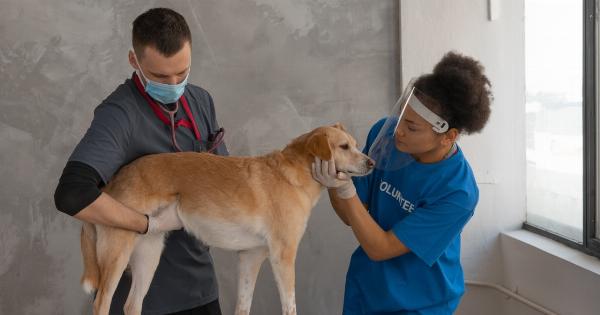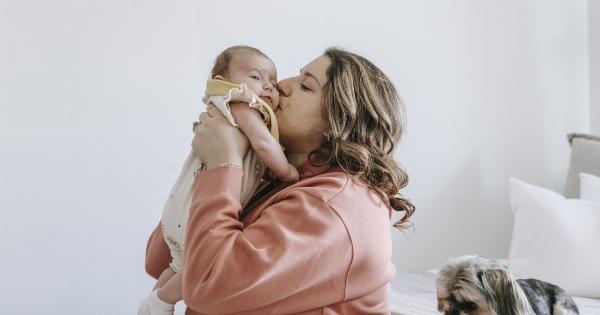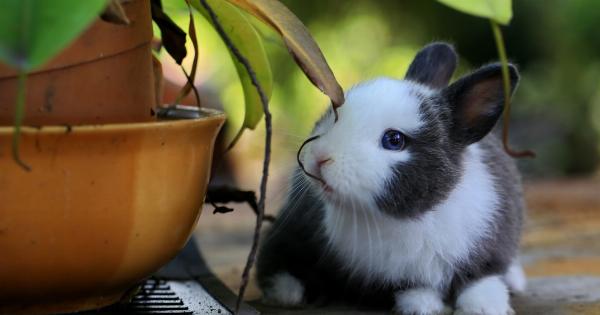The Christmas season is a time for celebration, family gatherings, and feasting. Our pets are included in our families, and as such, we want them to join in the festivities.
However, many of the foods and decorations associated with Christmas can be dangerous or toxic for our pets. It’s essential to keep our furry friends safe during the holiday season. In this article, we’ll discuss some essential tips to protect your pets during the Christmas feasts.
Tip 1: Avoid feeding your pet Christmas foods
Many foods that we enjoy during Christmas, such as chocolates, raisins, nuts, and onions, are toxic to pets.
Your pet’s digestive system is not designed to break down human foods, and ingesting these foods can lead to vomiting, diarrhea, and even death. Instead, stick to their regular pet food or give them pet-friendly treats available at pet stores.
Tip 2: Keep your pet away from the kitchen
The kitchen is a hub of activity during Christmas, from meal preparation to baking. It’s best to keep your pet away from the kitchen to avoid any accidents.
Open oven doors, hot stovetops, and boiling liquids can be potential hazards for curious pets. Make sure to give your pets a safe space, such as a crate, while cooking to prevent any accidents.
Tip 3: Be careful with decorations and plants
Christmas decorations add to the holiday cheer, but some decorations and plants can be dangerous for pets. Keep tinsel, ribbons, and wrapping paper away from your pets as they can cause choking or intestinal blockages if ingested.
Christmas plants such as holly, mistletoe, and poinsettias are also toxic to pets. If you have these decorations or plants, make sure to keep them out of reach of pets.
Tip 4: Avoid using synthetic snow sprays
Synthetic snow sprays used to decorate Christmas trees or windows often contain chemicals that can harm your pets if ingested. Inhalation of these chemicals can cause respiratory problems for pets.
Instead, opt for safe and non-toxic decorations such as ornaments, garlands, and lights.
Tip 5: Keep electrical cords away from pets
Christmas lights enhance the festive atmosphere, but pets can easily chew on electrical cords, leading to electric shocks, burns, or even death. Make sure to keep electric cords out of reach of pets.
Cover cords with cord protectors, use tape to secure cords to the wall, or use battery-operated lights wherever possible.
Tip 6: Keep alcoholic beverages out of reach
Many of us enjoy festive drinks during Christmas, but pets should never be given alcohol, as it can be fatal if consumed in large amounts.
Keep all alcoholic beverages out of reach of pets, and make sure to clean up spills promptly to avoid any accidental ingestion.
Tip 7: Avoid giving your pets as gifts
As tempting as it may be to surprise your loved ones with a new pet on Christmas, it’s not a good idea. Pets are a long-term commitment, and they require a lot of time, effort, and money.
Gifting a pet without careful consideration can lead to abandonment or neglect. Instead, consider gifting pet-related items such as toys, collars, or beds.
Tip 8: Watch for signs of stress in your pets
The holidays can be a stressful time for pets. The hustle and bustle of visitors, unfamiliar noises, and changes in routine can cause anxiety and stress for pets.
Watch for signs of stress such as hiding, excessive vocalization, trembling, or destructive behavior. Provide a safe and quiet space for your pets to retreat to if they feel overwhelmed.
Tip 9: Ensure your pet has proper identification
Despite all precautions, accidents can happen. Make sure your pet has proper identification tags with your current contact information in case they get lost during the holiday season.
Consider microchipping your pet, as it provides a permanent and reliable form of identification.
Tip 10: Know when to seek veterinary care
If your pet shows any signs of unusual behavior, such as vomiting, diarrhea, lethargy, or difficulty breathing, seek veterinary care immediately. Ingestion of toxic foods or decorations can quickly become life-threatening.
It’s better to err on the side of caution and seek veterinary care promptly.
Conclusion
Christmas is a time for spreading love, joy, and happiness. With the right precautions, we can enjoy the festivities while keeping our beloved pets safe.
To summarize, avoid feeding your pet Christmas foods, keep your pet away from the kitchen, be careful with decorations and plants, avoid using synthetic snow sprays, keep electrical cords away from pets, keep alcoholic beverages out of reach, avoid giving pets as gifts, watch for signs of stress in your pets, ensure your pet has proper identification, and know when to seek veterinary care. Wishing you and your pets a safe and happy holiday season!.
